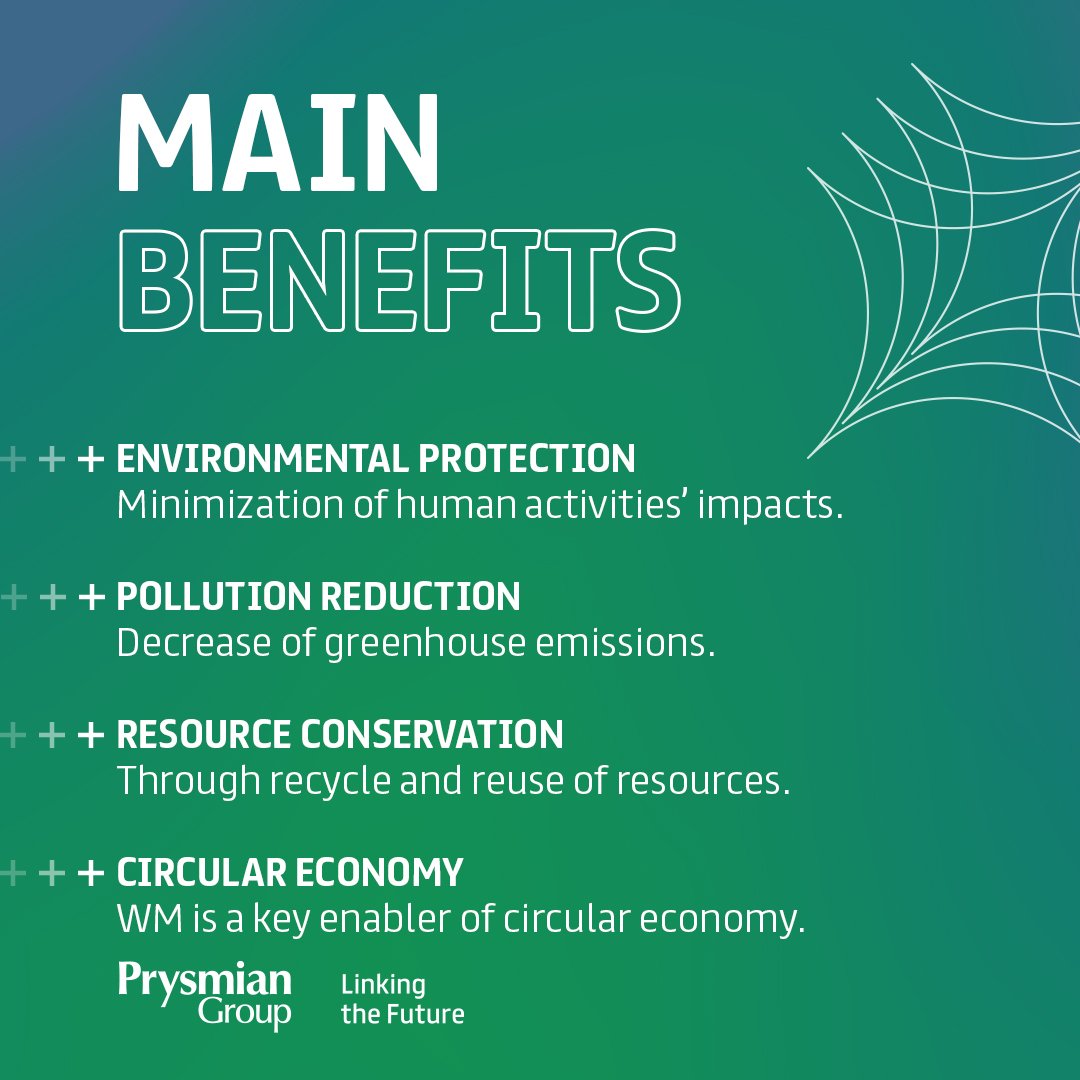7 Easy Facts About Reclaim Waste Explained
7 Easy Facts About Reclaim Waste Explained
Blog Article
Indicators on Reclaim Waste You Need To Know
Table of ContentsGetting The Reclaim Waste To Work10 Simple Techniques For Reclaim WasteReclaim Waste Fundamentals ExplainedHow Reclaim Waste can Save You Time, Stress, and Money.An Unbiased View of Reclaim Waste
Explore the kinds, incidents, and types of fluid waste. Domestic sewage waste describes the waste and products from a property sewage-disposal tank. This kind of waste is produced by people in houses, colleges, and other structures. This only consists of septic systems that have a drainpipe area. The correct management and disposal of residential sewer waste need fluid waste to be transferred to a sewer therapy plant where the appropriate approaches and devices are related to cleanse and take care of waste.
Business waste commonly includes prospective risks, such as combustible products or a blend of fluid and solid waste products, and requires a much more sophisticated and thorough disposal process. The disposal of commercial waste normally involves the purification of waste before transport to make sure secure and correct disposal. Hazardous waste is created from by-products and overflow of commercial processes and manufacturing.
This kind of waste can not utilize the very same sewer administration transport or procedures as septic or business fluids. The commercial waste monitoring process calls for the examination and screening of fluid waste before it goes through the disposal process (liquid waste removal). Runoff waste is the fluid waste that originates from runoff and excess stormwater in very booming areas or cities
Overflow waste can trigger contamination and flooding if not handled appropriately. Discover more concerning drain cleaning and waste monitoring. Making sure appropriate waste monitoring can protect against disasters and reduce ecological damage. Both people in domestic settings and specialists in business or manufacturing sectors can gain from comprehending the procedures and regulations of liquid waste administration.
How Reclaim Waste can Save You Time, Stress, and Money.
Get in touch with PROS Providers today to learn more about our waste monitoring and disposal services and the proper methods to care for the fluid waste you generate.
(https://filesharingtalk.com/members/604691-reclaimwaste1)Do you recognize what occurs to your water when you disengage, purge the commode or drain pipes the washing equipment? No? Well, it's worth knowing. This so-called 'wastewater' is not just a vital resource yet, after treatment, will be released to our land, waterways or the ocean. Made use of water from commodes, showers, baths, kitchen sinks, washings and commercial procedures is referred to as wastewater.

water used to cool machinery or clean plant and tools). Stormwater, a kind of wastewater, is overflow that flows from agricultural and metropolitan locations such as roofings, parks, yards, roads, courses and seamless gutters into stormwater drains, after rain. Stormwater streams unattended straight to regional creeks or rivers, ultimately getting to the sea.
Little Known Questions About Reclaim Waste.
In Queensland, many wastewater is treated at sewer therapy plants. Wastewater is moved from residential or commercial sites with a system of drains and pump stations, known as sewerage reticulation, to a sewer therapy plant.
The Department of Natural Resources recommends regional federal governments concerning managing, operating and preserving sewage systems and treatment plants. In unsewered locations, city governments may need homeowners to install private or family sewage treatment systems to treat residential wastewater visit here from bathrooms, cooking areas, shower rooms and washings. The Department of Natural Resources authorizes the use of family systems when they are confirmed to be effective.
The majority of stormwater gets no treatment. In some brand-new communities, therapy of some stormwater to remove litter, sand and gravel has begun utilizing gross toxin traps. Wastewater therapy occurs in 4 phases: Gets rid of solid issue. Larger solids, such as plastics and other things wrongly released to sewage systems, are gotten rid of when wastewater is passed with screens.
Wastewater after that flows right into large containers where solids work out and are removed as sludge. Grease and scum are skimmed from the surface area. Uses small living organisms recognizes as micro-organisms to break down and eliminate staying liquified wastes and fine fragments. Micro-organisms and wastes are incorporated in the sludge. Eliminates nitrogen and phosphorus nutrients that might create algal blooms in our waterways and endanger marine life.
More About Reclaim Waste
Nutrient removal is not available at all sewer treatment plants due to the fact that it calls for expensive specialized equipment. Clear liquid effluent created after therapy might still include disease-causing micro-organisms - industrial wastewater treatment.

Many wastewater streams right into the sewage system. Under the Act, regional governments administer authorizations and licences for environmentally pertinent tasks (Ages) involving wastewater launches that might have a neighborhood influence.
The Best Guide To Reclaim Waste
Otherwise, examples are taken for research laboratory analysis. Typically numerous tests are needed to establish the degrees of each of the various contaminants such as oils, heavy steels and pesticides in water. Surveillance gives factual information concerning water top quality and can verify that permit problems are being satisfied. The info gotten with monitoring supplies the basis for making water high quality choices.
Report this page